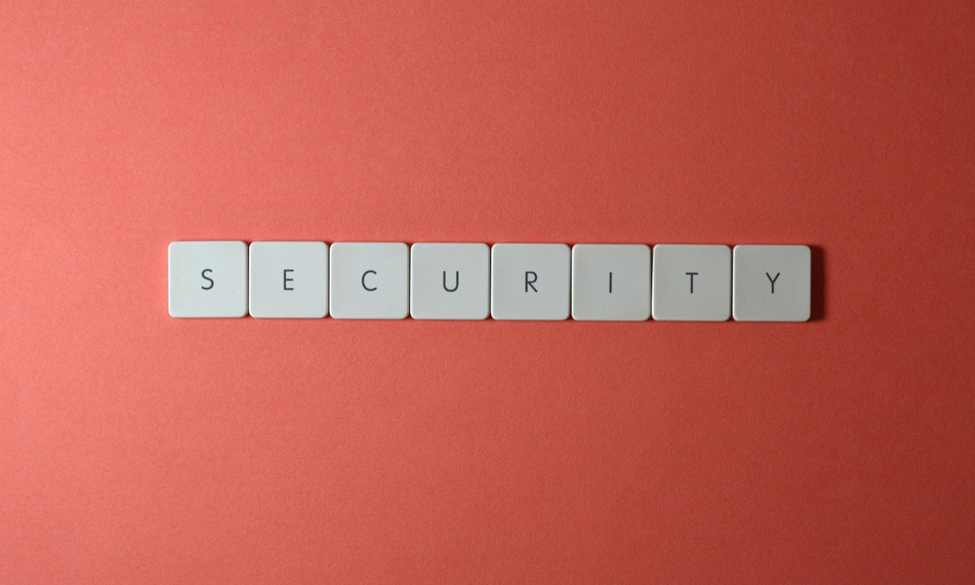Let’s Talk Cybersecurity: Why It Matters (Even If You’re Not Tech-Savvy)
- Canary Cyber Solutions
- Aug 19, 2025
- 3 min read
Updated: Jan 10
If you own a smartphone, use Wi-Fi at your local coffee shop, or check your bank account online, guess what? You’re already living in a digital world—and that means you’re a potential target for cybercriminals. I work with small and medium-sized businesses every day, and I can tell you this: cybersecurity isn’t just for big corporations or IT pros. It’s for all of us.
Let me walk you through what cybersecurity really is, why it matters, and some super practical steps you can take right now to protect yourself and your business.

So, What Is Cybersecurity Anyway?
Cybersecurity is basically your digital lock and alarm system. It’s the practice of protecting your devices, accounts, and data from hackers, scammers, and malicious software.
Think of it like locking your office at night. You might not expect a break-in, but you still lock the door—just in case. Cybersecurity is the same idea, but for your laptop, phone, and online accounts.
Without it, someone could:
Steal your personal or business data (like credit card numbers or customer records)
Hijack your email or social media accounts
Install ransomware and hold your files hostage
Mess with your operations or wipe out important files
Why Should You Care?
If you’re running a business or just living online (which we all are), here’s why cybersecurity should be on your radar:
1. Your Personal Info Is Valuable
Your name, address, credit card numbers, health records—these are gold mines for scammers. And it doesn’t take much for your info to get exposed if you’re not careful.
2. Cyberattacks Can Cost You Real Money
Fraud, identity theft, stolen business revenue—it’s not just annoying; it’s expensive. Cybercriminals often aim for the fastest payday possible.
3. Privacy Isn’t Just a Buzzword
Your texts, emails, and files should stay private. Cybersecurity helps ensure that only you—and the people you trust—can access them.
4. You Do Most of Your Life Online
Shopping, banking, business—it’s all digital now. If your connection isn’t secure or your device is compromised, you’re vulnerable.

The Most Common Threats to Watch Out For
Let’s decode a few of the biggest threats in plain language:
Phishing: Those fake emails or texts pretending to be your bank or a coworker? They’re trying to trick you into giving up login info or clicking bad links.
Ransomware: Malicious software that locks your files and demands money to unlock them.
Malware: Any kind of harmful software—viruses, spyware, etc.—designed to mess with your devices or steal information.
Simple Cyber Habits That Make a Big Difference
You don’t need a computer science degree to stay safe. Try starting with these:
Use strong, unique passwords (and a password manager if you can).
Turn on two-factor authentication (2FA) wherever possible—this adds an extra layer of protection.
Update your software—those updates fix security holes.
Be skeptical of emails that seem odd or urgent. If something feels off, it probably is.
Avoid sensitive transactions on public Wi-Fi. Use a personal hotspot or VPN if you need to work remotely.
Cybersecurity Training Isn’t Optional—It’s Smart
Whether you’re a team of five or fifty, your staff should know the basics. Regular training helps everyone recognize threats and respond safely. Even better—build cybersecurity language right into your policies. That way, everyone knows what’s expected and what to do if something goes wrong.
Final Thoughts
You don’t have to be a tech expert to take cybersecurity seriously. It’s about being smart, staying aware, and doing the digital version of locking your doors at night. A few small changes can protect your business, your finances, and your peace of mind.
Cybersecurity is everyone’s responsibility—including yours. So let’s get started.


Comments